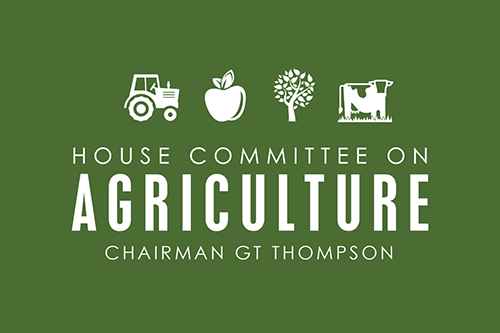At the March 23 launch of the U.S.-Cuba Cooperative Working Group’s 2017 Report, Cuban and American cooperative experts discussed opportunities to continue building a vibrant, sustainable cooperative ecosystem in Cuba, despite the uncertain nature of the two countries’ bilateral relationship.
With more than six decades of experience supporting cooperative development worldwide—beginning in India in 1953—work is Cuba’s co-op sector is hardly an anomaly for NCBA CLUSA, said Amy Coughenour Betancourt, Chief Operating Officer for NCBA CLUSA’s International Programs and founder of its U.S.-Cuba Cooperative Working Group.
Established in 2014, the group conducted its initial research and education trip to the island in June 2014—well before of the normalization of diplomatic ties that December. The group’s 2015 report outlined a clearer picture of Cuba’s cooperative movement and its increasing role in the country’s push for economic reform.
Last week’s report digs deeper into resource, regulatory and access barriers to cooperative development in Cuba; addresses gaps in co-op structure and governance; and explores opportunities for continued, mutually beneficial engagement between the U.S. and Cuban co-op sectors.
Co-op Weekly
Keep up with news, events and features from NCBA CLUSA
According to Luis Dueñas Casal, president of SCENIUS—a Cuban non-agriculture cooperative of accountants, financial planners and business consultants—the biggest needs of the country’s co-op sector are raw materials for development and capacity-building opportunities for co-op members, many of whom are new to private-sector entrepreneurship, having been on the government’s payroll until 2011.
With the country seemingly poised for cooperative development, now is the time to make the case to U.S. lawmakers for increased engagement, said Andrew Fishbein, who hosts fact-finding trips to Cuba in his role as Policy and Advocacy Director for the Center for Democracy in the Americas.
“In order to create the conditions for financial partnerships and investments to really take place that can support the level of cooperative development we hope to achieve, we need durable, legislative change in this country,” he said.
Support for lifting the trade embargo is already growing in Congress on a bipartisan basis—especially among lawmakers from ag-heavy states—positioning the 115th Congress to move forward on specific legislation, Fishbein said. In fact, every member of a delegation of Republican lawmakers Fishbein recently took to Cuba is now a co-sponsor of a bill to lift the embargo.
As enthusiasm for U.S.-Cuban engagement grows, panelist Michael Hatley said coming to the island with an open mind is critical. Hatley is an Associate for Reneo Consulting, LLC, the consulting and law firm that brokered the first legal Cuban export to the U.S. in over 50 years. It wasn’t cigars or even rum, but artisanal charcoal produced by a worker co-op that marked the milestone. Harvested from the invasive marabu weed overrunning farmland in Cuba and threatening livelihoods, the charcoal is long- and clean-burning, much like mesquite.
Critical to inking the deal was building trust and relationships with stakeholders in Cuba. So was approaching the agreement with respectful attitude open to an exchange—rather than imparting—of knowledge, Hatley said.
“This is something we can build on. It was a small but significant and symbolic first step that we hope to expand into a lot of other trade and investment deals,” he added.
While the panelists agreed that normalizing relations with Cuba is in the best interests of both countries, it’s also an exciting opportunity to venture into new areas of development, said Martin Lowery, Executive Vice President of Member and Association Relations for America’s electric cooperatives.
Lowery is currently developing a conference for U.S. and Cuban engineers in late 2017 designed to increase renewable energy integration, storage technology and resiliency in both the U.S. and Cuba. Ultimately, he’d like to see Cuban homes and businesses powered by renewable energy from electric co-op distribution hubs that have power purchasing agreements with the government.
When Venezuela—Cuba’s longtime top energy supplier—slashed oil exports to Cuba last year, energy became a top priority for the island nation, one that could generate significant opportunities for its burgeoning co-op sector.
“If we can align our cooperative expertise in the U.S. with the high priorities for investment and development in Cuba in terms of what the government and private-sector actors want to do, then that is a perfect storm for great collaboration,” Coughenour Betancourt said.


